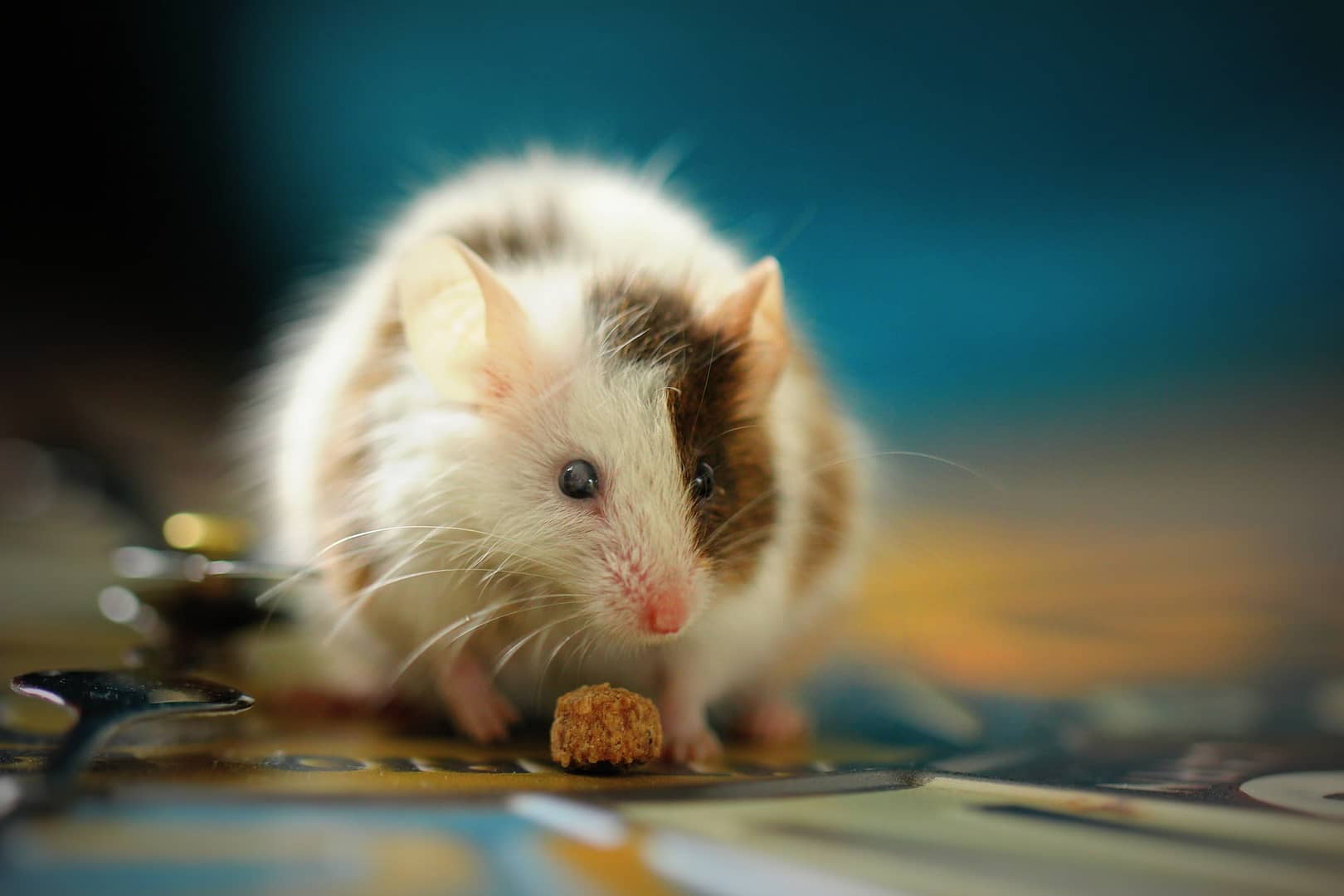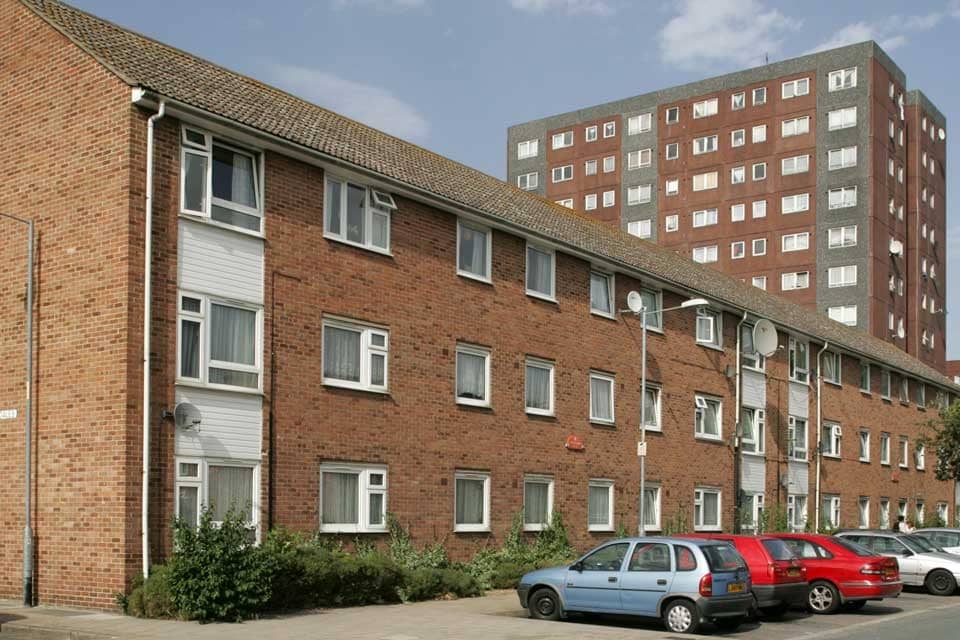Pest infestation issues as a tenant in the UK can be a major headache for anyone living in rental properties. Whether it’s rats, mice, cockroaches, bed bugs or any other type of pests, they can quickly take over your living space and make it unbearable, and can lead to housing issues and disrepair. This article will explore what signs to look out for, what can lead to pest infestation, what is considered an infestation, and the steps tenants can take to report the problem to their landlord.
Signs of Pest Infestation
Spotting the early signs of a pest infestation in your home is crucial for taking prompt action. One of the most obvious indicators is actually seeing the pests. If you notice mice or rats running across your kitchen floor or living room, this is a clear sign of an infestation. Similarly, cockroaches are easy to identify, especially when they appear near sinks, drains, or rubbish bins.
Another common warning sign is the presence of droppings or urine. Rodents, particularly mice and rats, often leave behind small droppings near their nesting areas, which are typically hidden in walls, lofts, basements, or under floorboards. Cockroach droppings, which look like tiny black specks, are often found in cupboards, drawers, and along skirting boards.
Unpleasant odours can also signal a pest problem. A strong ammonia-like smell may point to rodent urine, while a musty or damp scent could suggest mould—another issue that can attract insects and rodents.
By recognising these early signs, you can take steps to address the problem and protect your living space.
What Can Lead to Pest Infestation?
Pest infestation can happen for several reasons. One of the most common is poor sanitation. If you leave food out, don’t clean up spills, or have overflowing trash cans, pests will be attracted to your home. This is particularly true for cockroaches, which thrive in warm, moist environments.
Another common cause of pest infestation is structural issues. If your home has cracks or holes in the walls or floors, pests can easily enter and make themselves at home. Similarly, if your home has poor ventilation, it can create the warm, humid conditions that pests thrive in.
Finally, pests can be brought into your home through secondhand furniture or clothing. Bed bugs, in particular, are notorious for hitching rides on secondhand items, and can quickly spread throughout a home.
When renting, it is important to report these issues to your landlord as soon as possible. If these issues persist after a certain amount of time since you contacted your landlord, you may be entitled to make a claim with National Claims.
What is Considered Infestation?
It can be difficult to determine what constitutes an infestation. Generally, an infestation is defined as a large number of pests that are causing damage or posing a health hazard. For example, if you have a few ants in your kitchen, it’s not necessarily an infestation. However, if you have hundreds of ants crawling around, it could be a sign of a larger problem.
Similarly, if you see one or two mice in your home, it’s not necessarily an infestation. But if you start seeing droppings or urine stains, or hear scratching noises in the walls, it’s time to take action.
Reporting the Problem to Your Landlord
If you suspect a pest infestation in your rental property, the first and most important step is to report the issue to your landlord in writing. Under UK housing law, landlords have a legal obligation to ensure that their properties are safe, hygienic, and fit for human habitation. This includes dealing with infestations of pests such as mice, rats, cockroaches, bedbugs, or ants.
When reporting a pest infestation to your landlord, be as detailed and specific as possible. Clearly describe the type of pests you’ve noticed and the areas affected. Include the date you first became aware of the issue, how long it has been ongoing, and any steps you’ve already taken to manage the situation. If possible, attach photos or videos as evidence to support your complaint.
Are Landlords Responsible for Mice?
The question of whether landlords are responsible for mice in rental properties is a common one. The answer is yes – landlords have a legal obligation to ensure that their properties are free from pests, including mice. This means that if you have a mouse infestation in your rental property, your landlord is responsible for taking steps to resolve the problem.
Can I End My Tenancy Early Due to Rats?
Dealing with a rat infestation can be extremely stressful, and many tenants wonder whether they can end their tenancy early as a result. The answer is that it depends on the severity of the infestation and how long it has been going on.
If the infestation is severe and your landlord has not taken steps to resolve the problem, you may be able to argue that your tenancy has been breached and that you have the right to terminate the agreement early. However, it’s important to seek legal guidance from National Claims before taking any action.
Is Pest Control Down to Landlord?
As mentioned earlier, landlords have a legal obligation to ensure that their properties are free from pests. This includes hiring a pest control company to exterminate any pests that are present. However, tenants also have a responsibility to keep their homes clean and free from sources of food and water that may attract pests. In some cases, landlords may argue that a pest infestation is due to the tenant’s own negligence, in which case they may be less willing to take responsibility for the problem.

Conclusion
In conclusion, dealing with pest infestation issues as a tenant in the UK can be a challenging experience. However, by knowing what signs to look out for, what can lead to infestation, and what steps to take if you do encounter a problem, you can protect yourself and your living space. Remember that your landlord has a legal obligation to ensure that their properties are free from pests, so don’t be afraid to speak up if you encounter a problem.
Contact National Claims today for further guidance on making a claim if your house has suffered due to pest infestation.
Note: You can only make a claim if you are currently living in social housing.
Click below to see why we are one of the most trusted claims management companies in the UK.





